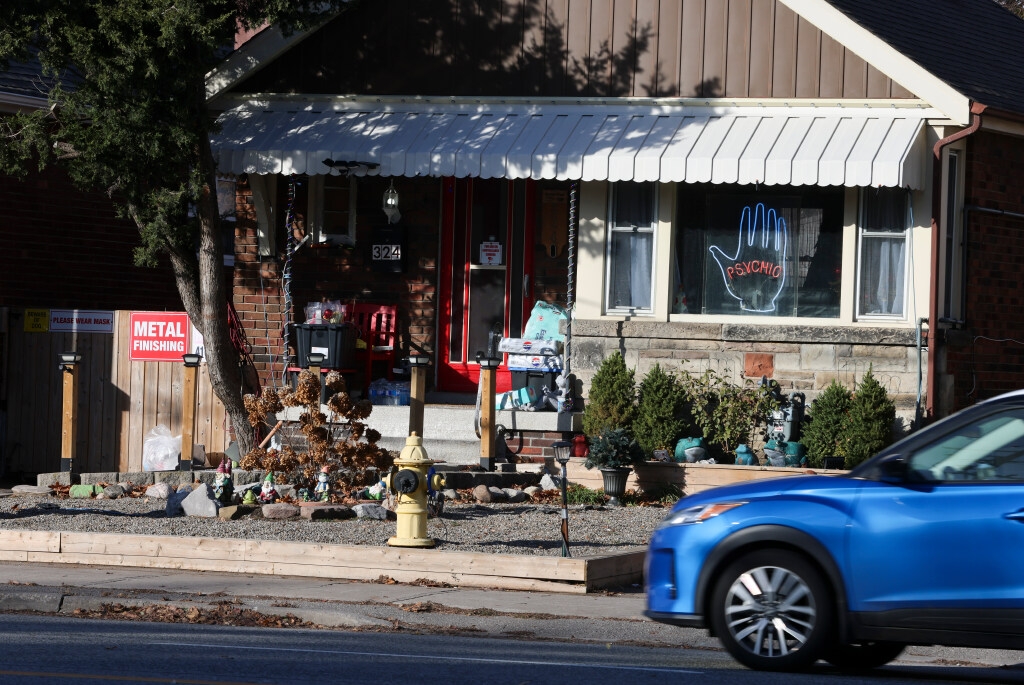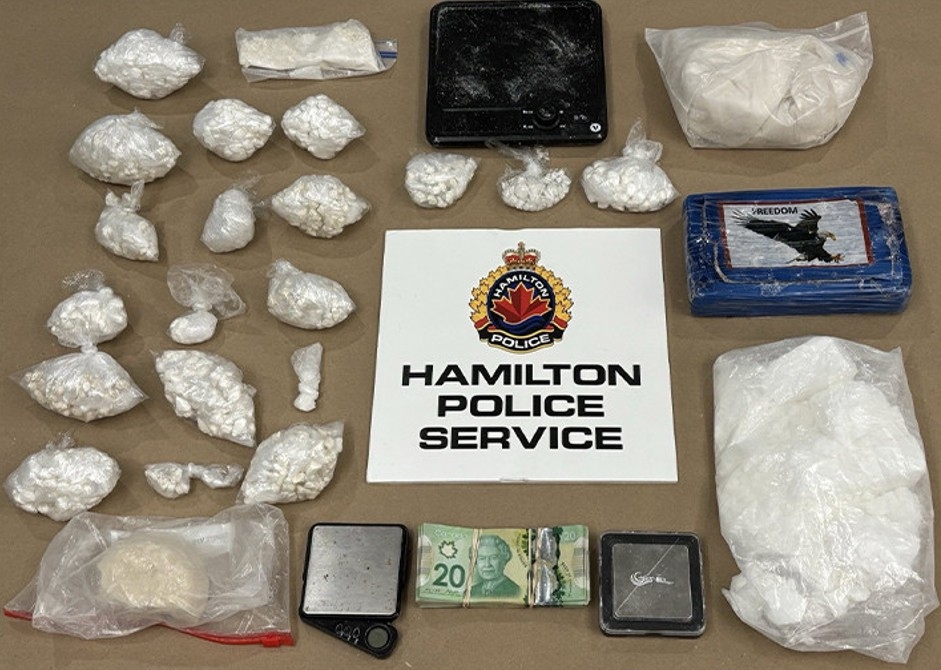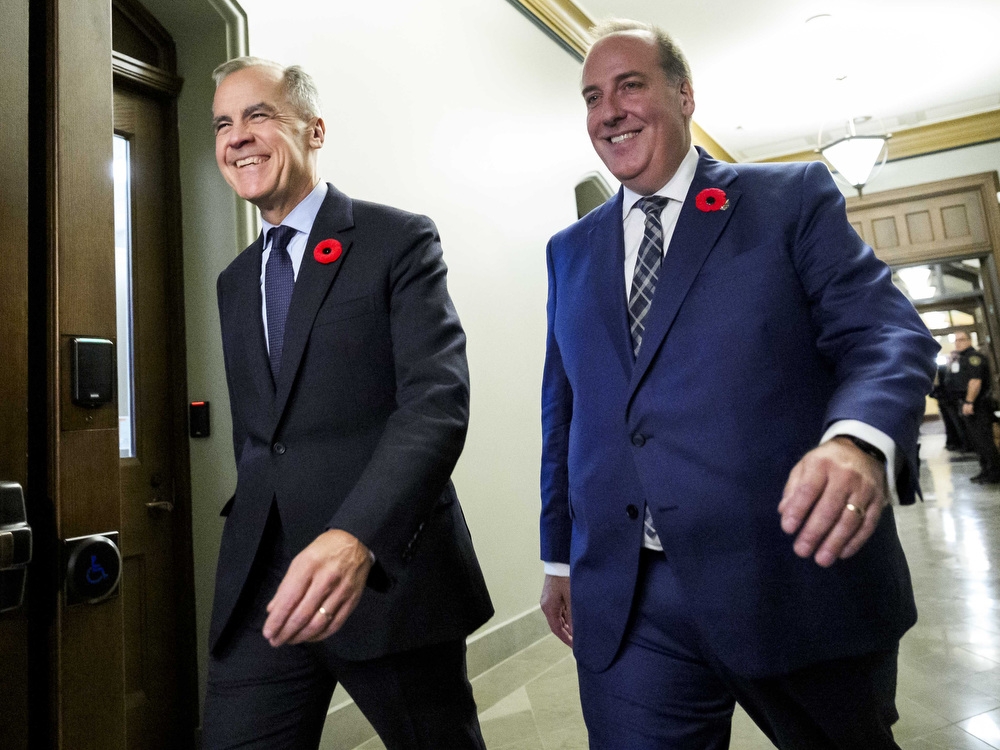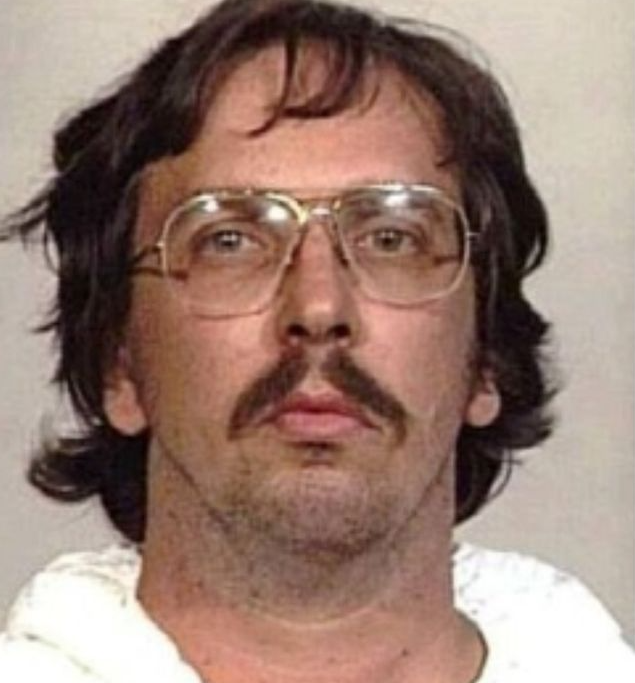A chilling undercurrent is sweeping through elite university campuses in New York City, and beyond. Jewish students are speaking out, revealing a disturbing pattern of alleged bias and, in some cases, outright antisemitism emanating from their professors.
These aren’t isolated incidents, but a growing concern voiced by students at NYU, Columbia, Barnard, and Baruch College. They describe a classroom environment where certain viewpoints are not only tolerated, but actively promoted, creating a climate of fear and intimidation for Jewish students.
“I’ve had many peers share very disturbing things that professors have said in class,” recounts TJ Katz of Columbia. The issue isn’t confined to Middle Eastern politics courses, but bleeds into subjects seemingly unrelated to the conflict, raising questions about academic freedom and appropriate boundaries.
The atmosphere is described as hostile, with reports of professors yelling at students and failing to support them. Eliana Birman of Barnard points to the visible displays of political alignment – “hands off our students” signs and “free Palestine” banners adorning professors’ office doors – as a constant reminder of perceived bias.
Aidan Herlinger of Baruch College bluntly states, “I had professors that were antisemitic.” Students feel trapped, fearing that challenging these views could jeopardize their grades. This creates a chilling effect, silencing dissenting voices and fostering a sense of powerlessness.
The situation has escalated dramatically since the October 7th attacks. Students report a surge in anti-Israel rhetoric and a direct correlation between professor influence and student participation in increasingly volatile demonstrations.
NYU has seen its share of unrest, including a December protest where demonstrators openly called for an “intifada revolution,” declaring “Tel Aviv is stolen land.” These events have left Jewish students feeling vulnerable and unsafe, even within the sanctuary of their university library.
“A lot of us are scared,” admits Mera Skoblo of NYU. Some students are resorting to hiding their identities, while others have been subjected to verbal abuse and physically blocked from accessing essential resources like the library during crucial exam periods.
The question of faculty influence is central to the students’ concerns. Herlinger believes professors “definitely play a role” in shaping student perspectives, potentially indoctrinating them and encouraging participation in demonstrations that have resulted in arrests, suspensions, and expulsions.
Despite the gravity of these accusations, students express little hope for accountability. Herlinger predicts that professors will face no consequences, particularly within the publicly funded system of New York State universities.
The students are calling for a deeper examination of the issue, advocating for departmental audits and the removal of “extremists” from the classroom. They believe a fundamental shift is needed to restore a sense of safety and inclusivity on campus.
The experiences shared paint a stark picture of a learning environment where fear and bias are eroding the principles of open inquiry and intellectual freedom. The students’ courage in speaking out highlights the urgent need for a serious and sustained conversation about the role of faculty and the protection of all students on campus.






